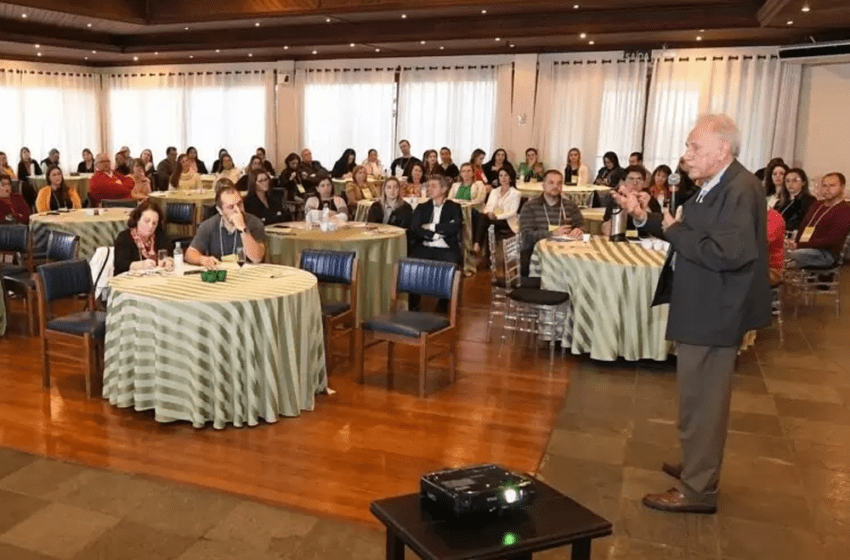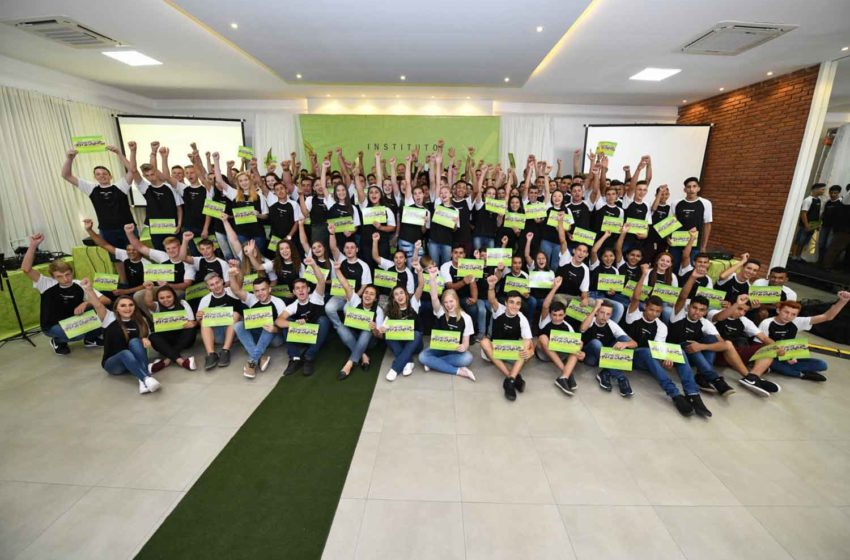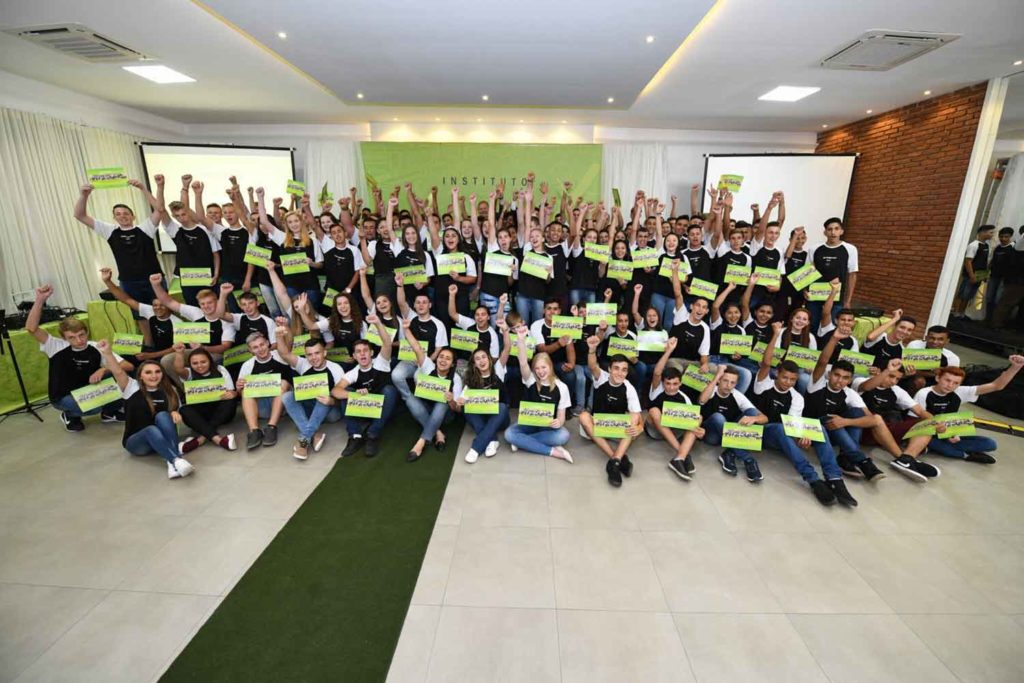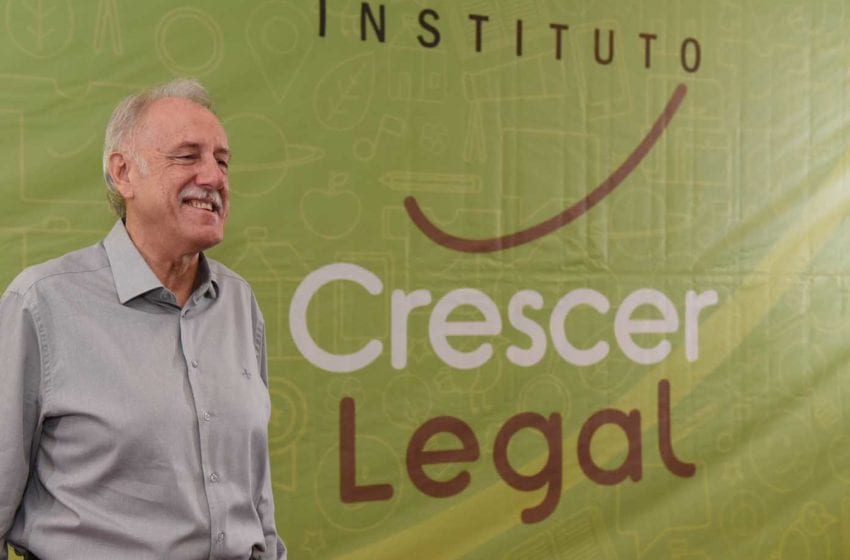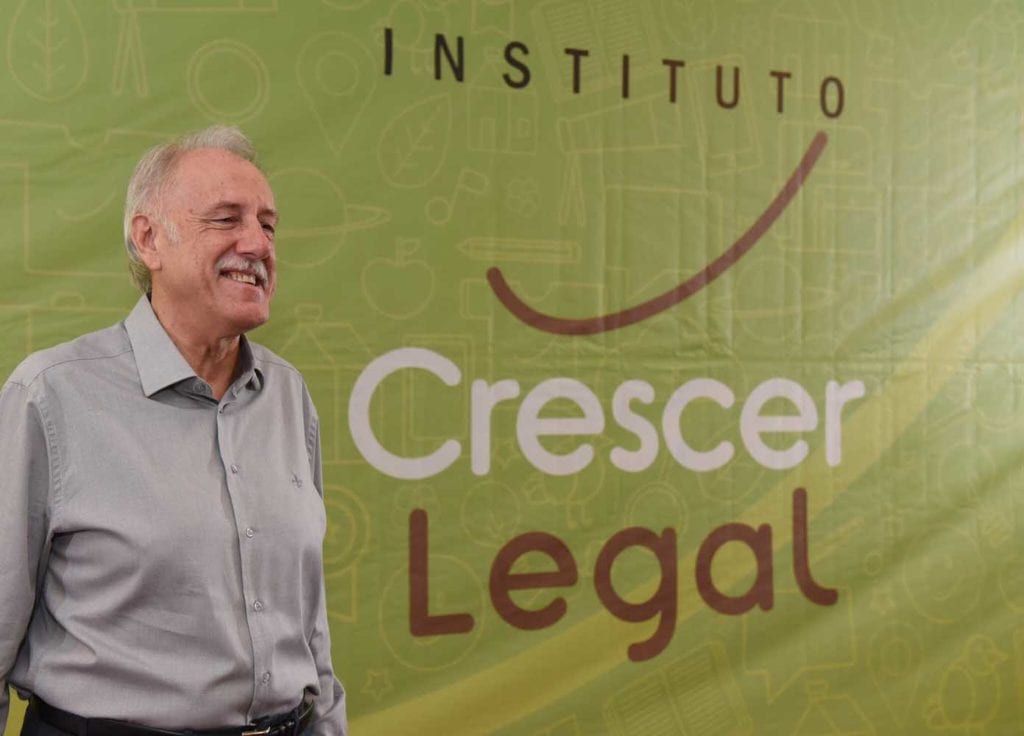
Brazil’s Growing Up Right Institute organized a seminar on child labor prevention at the Santa Cruz Country Club in Santa Cruz do Sul on July 7.
Under the theme, “Child labor: care, welcome and protection,” participants discussed the progress made in combatting child labor, along with the work that still needs to be done.
“The Institute was founded with the mission to fight child labor and generate opportunities for adolescents from the rural setting, especially in tobacco growing regions,” said Iro Schunke, president of the Growing Up Right Institute, in a statement. “It is a complex task, but with good partnerships we have achieved great results. We have already become known nationally and internationally for the innovative method of offering opportunities to adolescents from the countryside through the learning law.”
Since 2016, the rural professional learning program has benefited 596 young people in Rio Grande do Sul. As part of the program, tobacco companies associated with the Growing up Right Institute hire young apprentices and pay them a salary proportional to 20 hours a week.
Instead of working, however, the apprentices attend a rural management and entrepreneurship course in the shift opposite to their regular school hours. The classes typically take place in the apprentices’ normal schools or in venues provided by the municipal administrations, which also provide for food and transport logistics thus making it viable for the adolescents to attend the course.
According to a report by the International Labor Organization and by the United Nations Children’s Fund, 160 million children and adolescents, aged 5 to 17, were subjected to child labor in early 2020. The Covid-19 pandemic has exacerbated the problem of child labor around the world, with a sharp increase in poverty, closure of schools and consequent school evasion.
In Brazil, the National Household Sample Survey, demonstrated that 1.77 million children and adolescents works, 53.7 percent of whom are in the 16-17 year age group.

